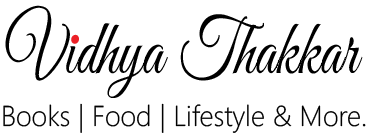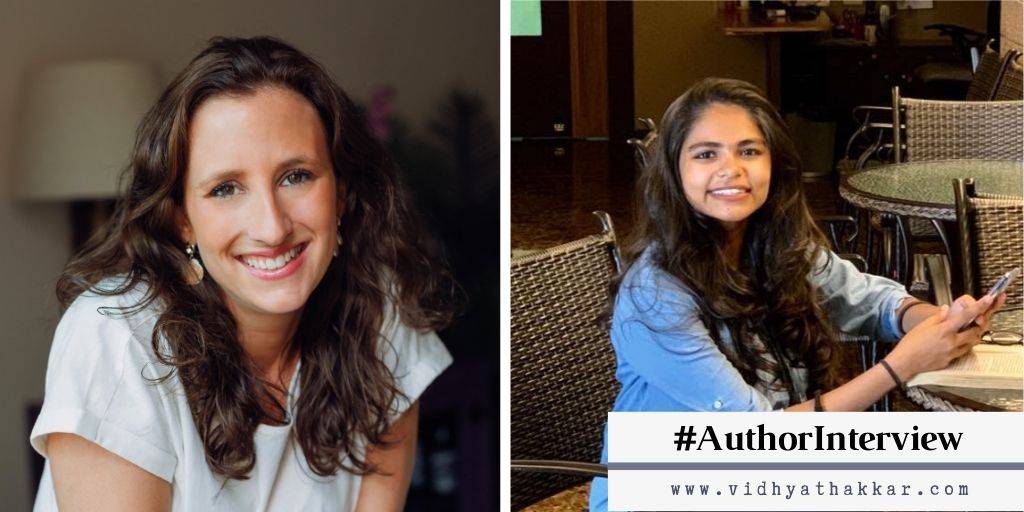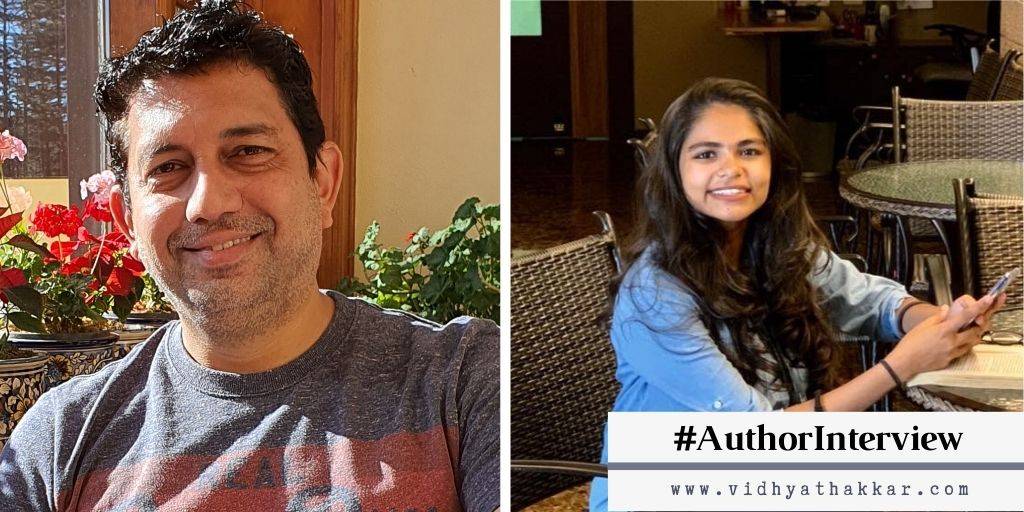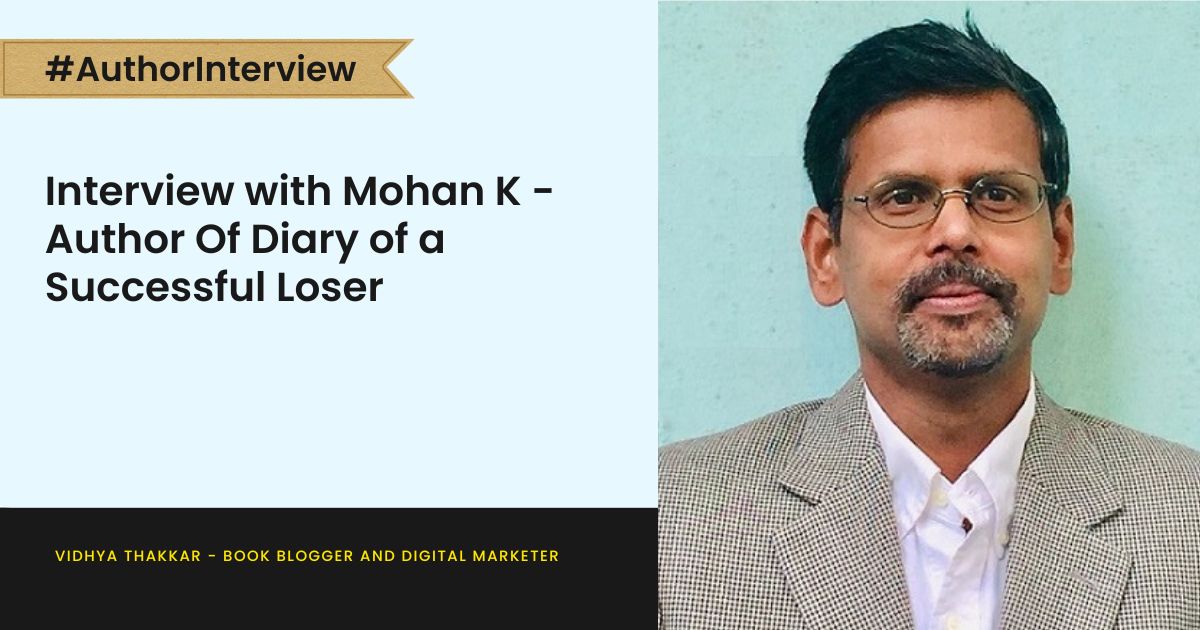Mini Nicklin is an author of Softening the Edge. She is an experienced marketer and communications specialist, and a well-known empathetic leader. For over thirteen years she has been working across the globe with her clients to drive stand out creative interventions that lead to business and culture change. Mimi is a keynote speaker and columnist, and Softening the Edge is her debut book.
Interview:
1. When did you decide to write this book?
After 30 years of declining empathy levels, the deeply sad realities in our world led me to write this book. I have a deep sense that this is a conversation our world needs to hold. We only need to look around ourselves to see what that picture looks like. Anxiety levels are on an ever-upward spiral, nearly 400,000 million people suffer from depression and we live with the deeply unsettling truth that the second biggest killer of our youth globally is suicide. When our children are killing themselves rather than choosing to stay on the planet with us, we have a problem.
2. Why this genre?
If you have to write in some other genre what would that be? I wanted to be able to use my voice and my corporate experience all over the globe to create a compelling narrative surrounding our need for more empathy in the world and the world of work specifically. I would also like to write a series of children’s books because we know that reading drives our empathy up and I would love to have a series to encourage more bedtime stories.
3. Tell us about the idea behind the book?
I believe that empathetic influence is this decade’s most critical human and scientifically validated skillset. The ability to connect authentically as people has the power to not only change our business environments but to change the shape of our world. This is a story of driving empathy into our workplaces and world and it uncovers the perilous journey I took to lead a broken business to a thriving one with humanity at its heart.
4. How long did the writing process take?
It took me about a month to write it and the editting took 2-3 months.
5. What did the process of writing this book teach you?
When I think back to the writing of my book I have very few memories. It was as if the hours consumed me and the book wrote me rather than the other way round. Hours alone and in your own mind. I learnt that becoming an author is a great privilege but that being an author is a very lonely road.
6. 5 books one must read in their lifetime?
Lean In by Cheryl Sanberg. Winnie The Pooh by AA Milne, Hit Refresh by Satya Nadella, Sapiens by Yuval Noah Harari, Jerusalem, Yotam Ottolenghi and Sami Tamimi (for the food as much as the story!)
7. A book that had an impact on you, which helped you in writing this one?
Lean In by Cheryl Sanberg is always a book that stands out as a read that changed the way I saw leadership and the future of an inclusive workforce. Cheryl talks about becoming comfortable with the fact that not everyone will like your work – it’s impossible to be liked by everyone – this stands with me daily.
8. Tell us about your publishing journey in 5 words.
Painfully slow and in lock down
9. A quote, para from the book that inspires you?
The closing paragraph: May this book be the beginning of your own conversation and practice of humanity’s greatest trait, or if not so bold, may it simply have been a reminder that in practising empathy you will always be doing the right thing. For your business, for your team, and for the world.
10. Tell us about your future plans? Planning a new book?
My immediate focus is to launch the third season of The Empathy for Breakfast Show which will open up the conversation to high profile guests from all over the world. But yes, I am writing a second book and this one focuses on curiosity in the world and how we leverage deeper and more frequent curiosity to build our shared empathy.
11. What is literary success for you?
An elevation of the conversation surrounding the need for empathy in our world, globally.
12. A message for all the readers?
Empathy is evolutionary and it is a critical skill in connecting and protecting our world. It allows us to thrive, beyond simply surviving, in the workplace and it is the new benchmark for any organisation that gathers human beings behind a mutual goal. Empathy is innate but the choice to use it is in each of our hands.



